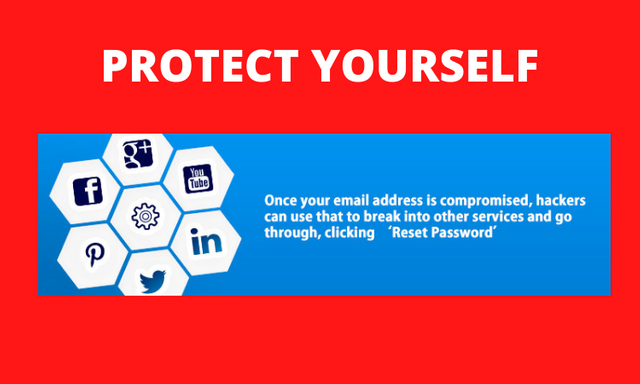HOW TO REMAIN SAFE WHILE BEING SOCIAL

People willingly disclose their personal information online, resulting in large libraries that may quickly become a one-stop goldmine for scammers.
It's not exactly what everyone intends when they join up for Facebook, as the main goal is to share your life with your pals. However, it connects us to a worldwide community, and the experience does require us to make certain privacy tradeoffs.
So, how do you strike a balance between being social and remaining safe?
On Facebook alone, the average user posts 13 pieces of personal information, ranging from a relatively innocuous name/email combination to a mother's maiden name and home location.
It may not appear to be much, but those 13 parts have the capacity to unravel your life in minutes.
Checking in from home or a favorite location has also become the norm, assisting in developing a multidimensional online persona. The information is open to anybody who wants to look, whether they're a buddy who wants to stay in the loop or someone with a far darker motive.
The issue is that you have no idea who is looking at your profile or why.
Someone, for example, may try to enter your email account by clicking the 'Forgot password' link. The email provider adheres to its security policies and asks identifying questions such as 'whose high school did you attend?' 'What is the name of your pet?' Regrettably, the most popular identifying questions and answers are almost certainly available on Facebook.
Once your email address has been compromised, hackers can use it to break into other services and go through the process of clicking 'Reset Password' on site after site, account after account – they have full access to your email, so nothing is stopping them from emptying your bank accounts – or worse.
7 Ways to Protect Your Facebook Account Without Missing Out on the Fun
• Start by previewing your profile as it will seem to others.
• Review what should and should not be available to strangers.
• Consider simply giving partial facts, such as your birth date and month, but not the year
• Be aware of duplicate or 'strange' friend behavior — hackers may frequently clone or hijack a buddy's profile and launch an urgent and atypical request for money
• Also, update your previous privacy settings.
• Change the default future sharing setting to 'friends only.'